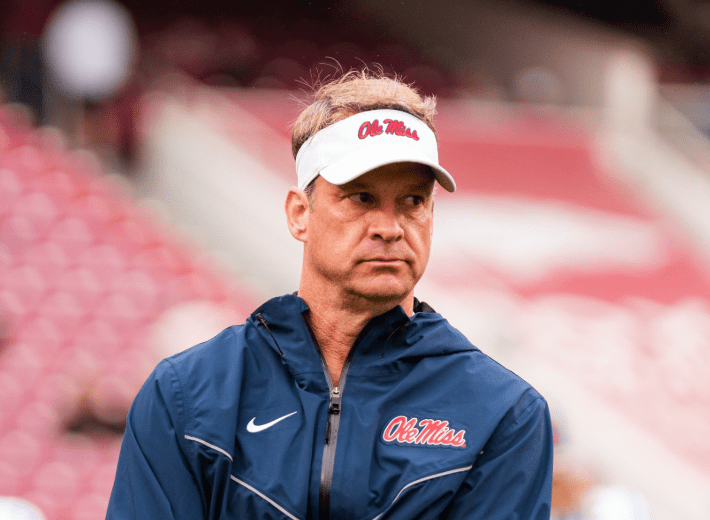
Eligible taxpayers now have until November 1, 2021, to file certain tax returns and make payments.
The Internal Revenue Service (IRS) announced that those who were a victim of Hurricane Ida have an extension to file individual and business tax returns as well as make payments for taxes.
“The IRS stands ready to help people and businesses affected by Hurricane Ida, now and in the weeks ahead,” said IRS Commissioner Chuck Rettig.
The tax relief is the result of a coordinated federal response to the damage caused by Hurricane Ida and is based on local damage assessments by FEMA.
Individuals and households affected by Hurricane Ida that reside or have a business in all 82 counties and the Mississippi Choctaw Indian Reservation qualify for tax relief. The current list of eligible localities is available on the disaster relief page on IRS.gov.
Those who are eligible for this extension now have until November 1, 2021 to file tax returns and make payments. This relief extends to any area designated by the Federal Emergency Management Agency (FEMA) as qualifying for individual or public assistance.
The tax relief postpones a variety of tax filings and payment deadlines that occurred starting on Aug. 28, 2021. Individuals and businesses will have until the November deadline to file returns and pay any taxes that were due during this period of time.
Because tax payments related to these 2020 returns were due on May 17, 2021, those payments are not eligible for this relief.
The Mississippi Department of Revenue (MDOR) announced that it will follow the federal extended due date in November to file certain income tax returns for victims of Hurricane Ida.
MDOR’s announcement noted that the federal extension does not apply to the payments for these returns because the tax payments were due on the original due date; therefore, it appears the MDOR extension also does not apply to those tax payments.
Taxpayers that have a valid extension to file their 2020 tax returns will now have until Nov. 1, 2021, to file those returns. The extension does not apply to any other tax types or payments on prior liabilities.
MDOR announced that any disaster area taxpayer who receives a penalty notice should contact their office at 601-923-7700. They also promised to work with any taxpayer who resides not in the effected but whose books, records, or tax professionals are located in the disaster areas.











